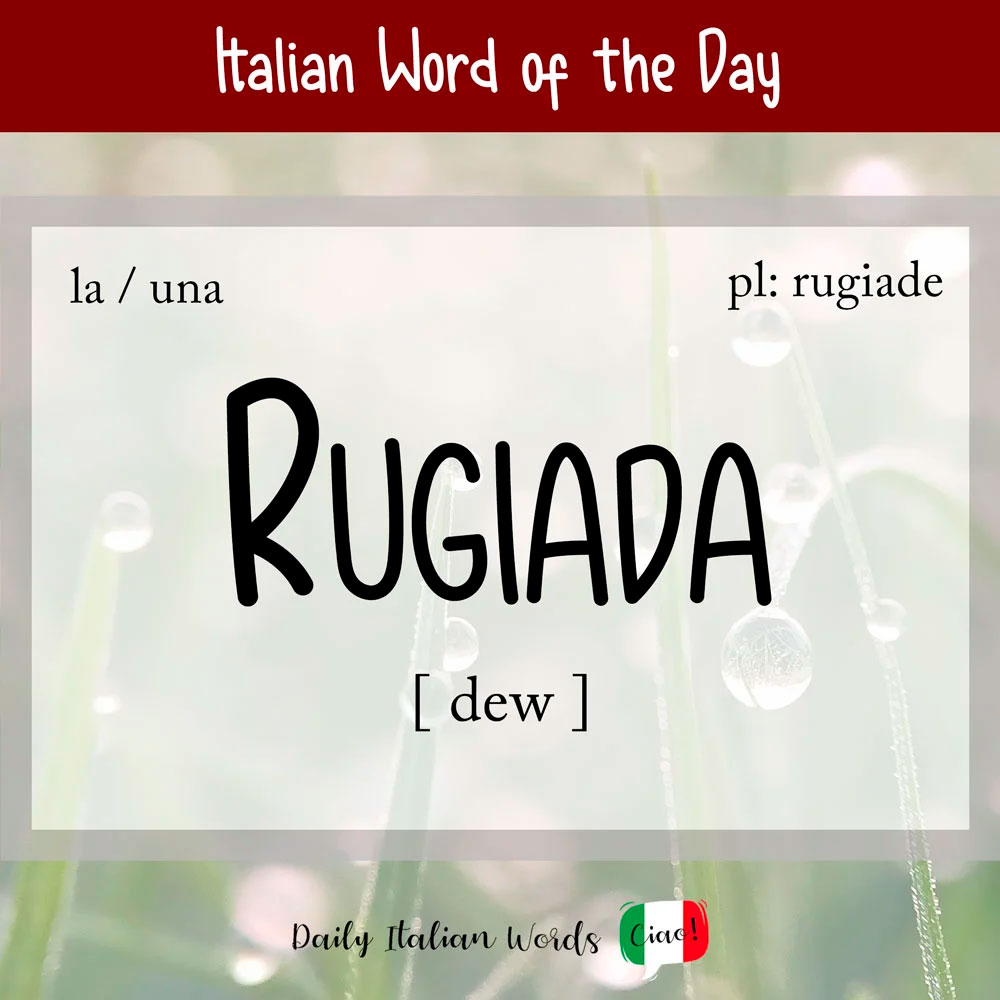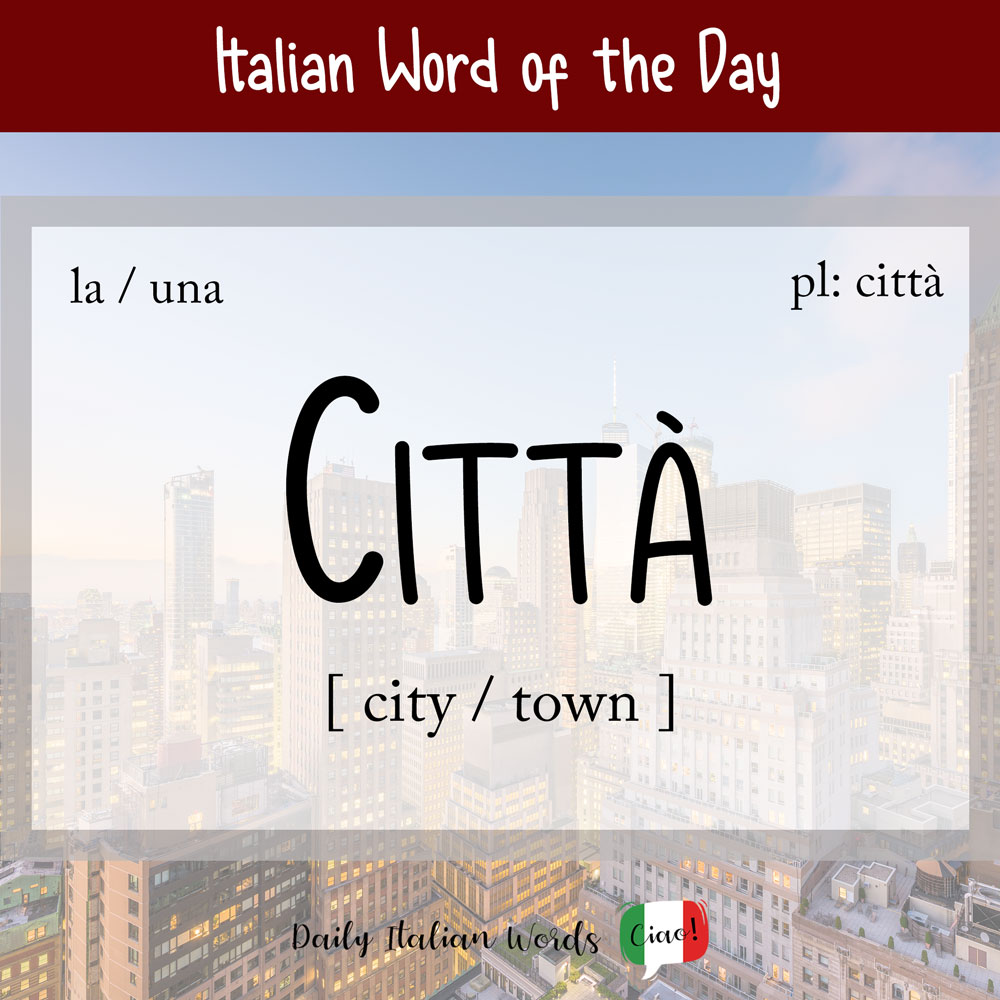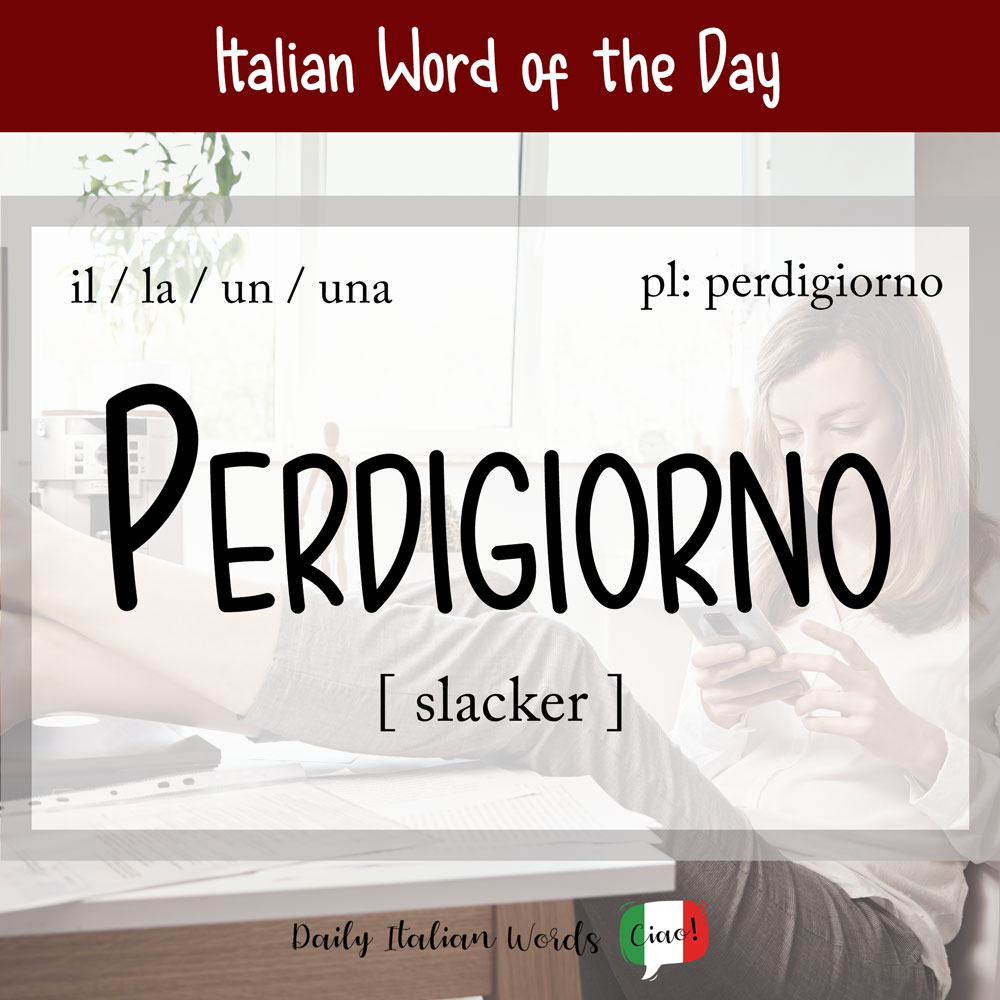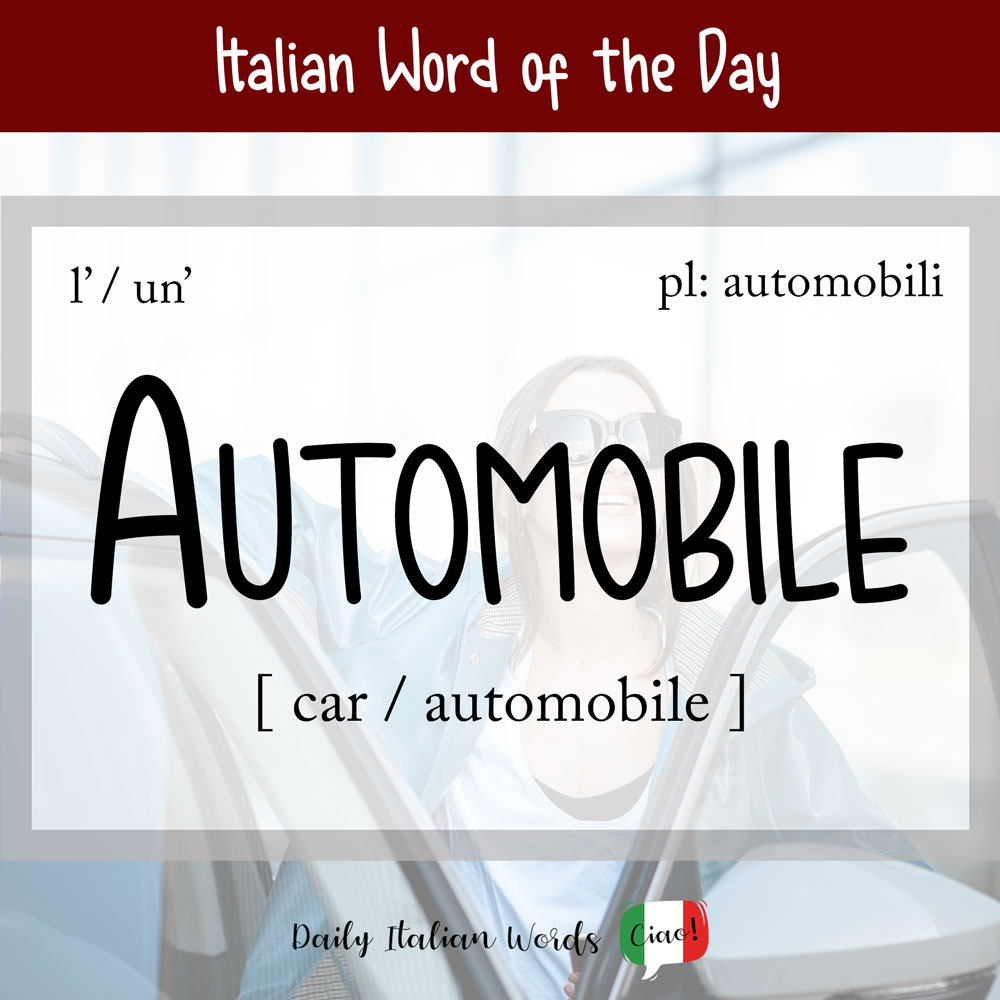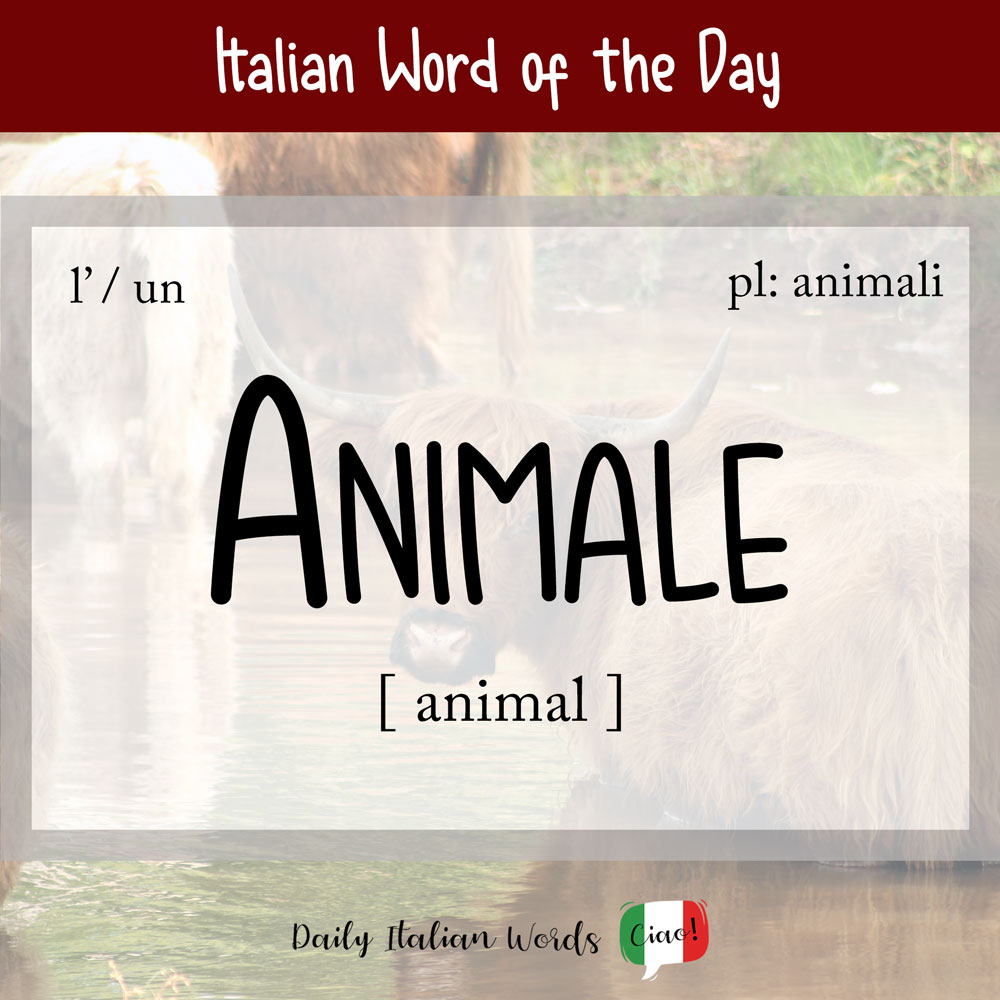Italian Word of the Day: Rugiada (dew)
An Italian word that sounds as lovely as the thing it indicates is rugiada, which means dew. It is thought to have entered the language from the Latin ros via the Gallo-Italic rosada. Rugiada is a feminine noun whose plural form is rugiade. (Note, however, that the plural form is used far less than the …

